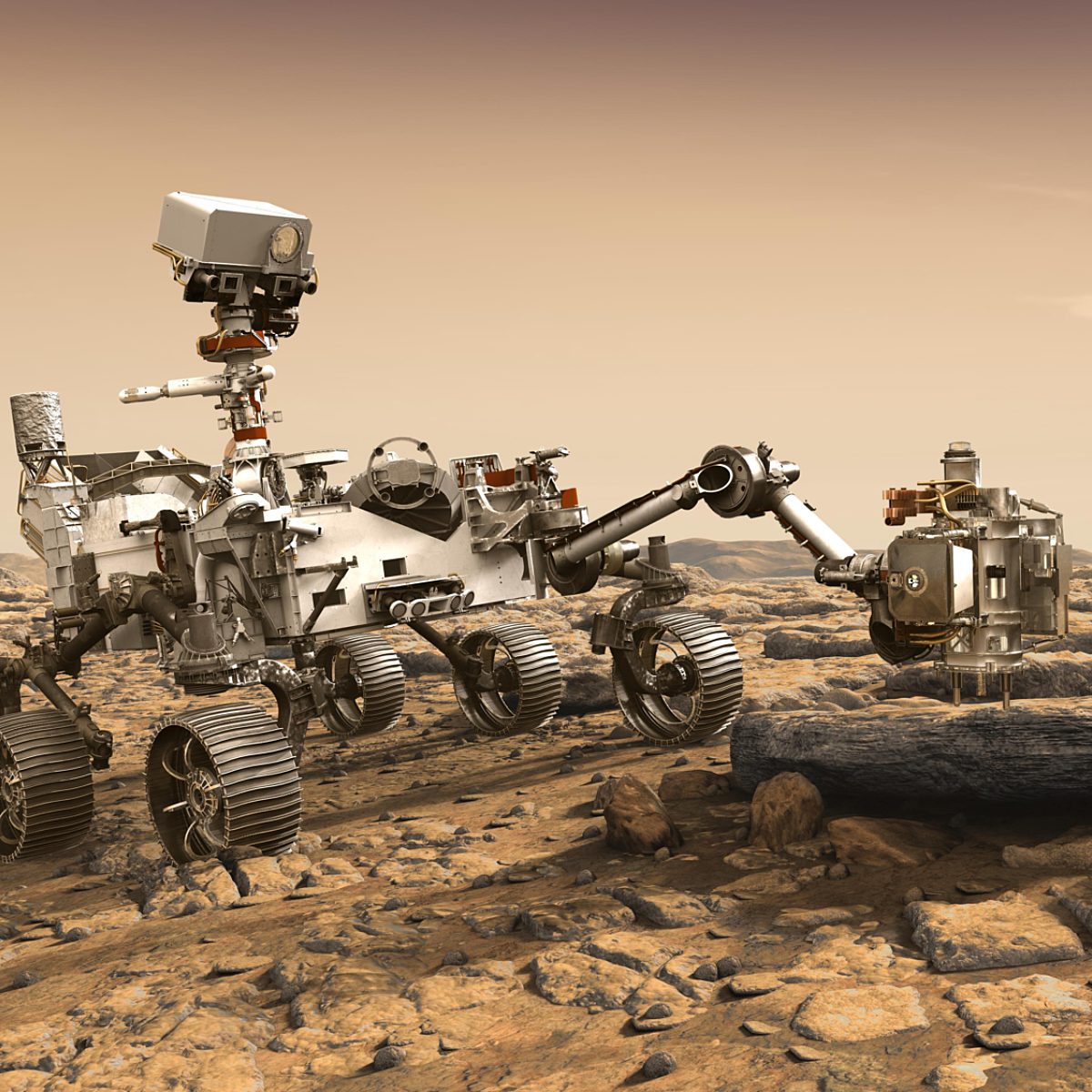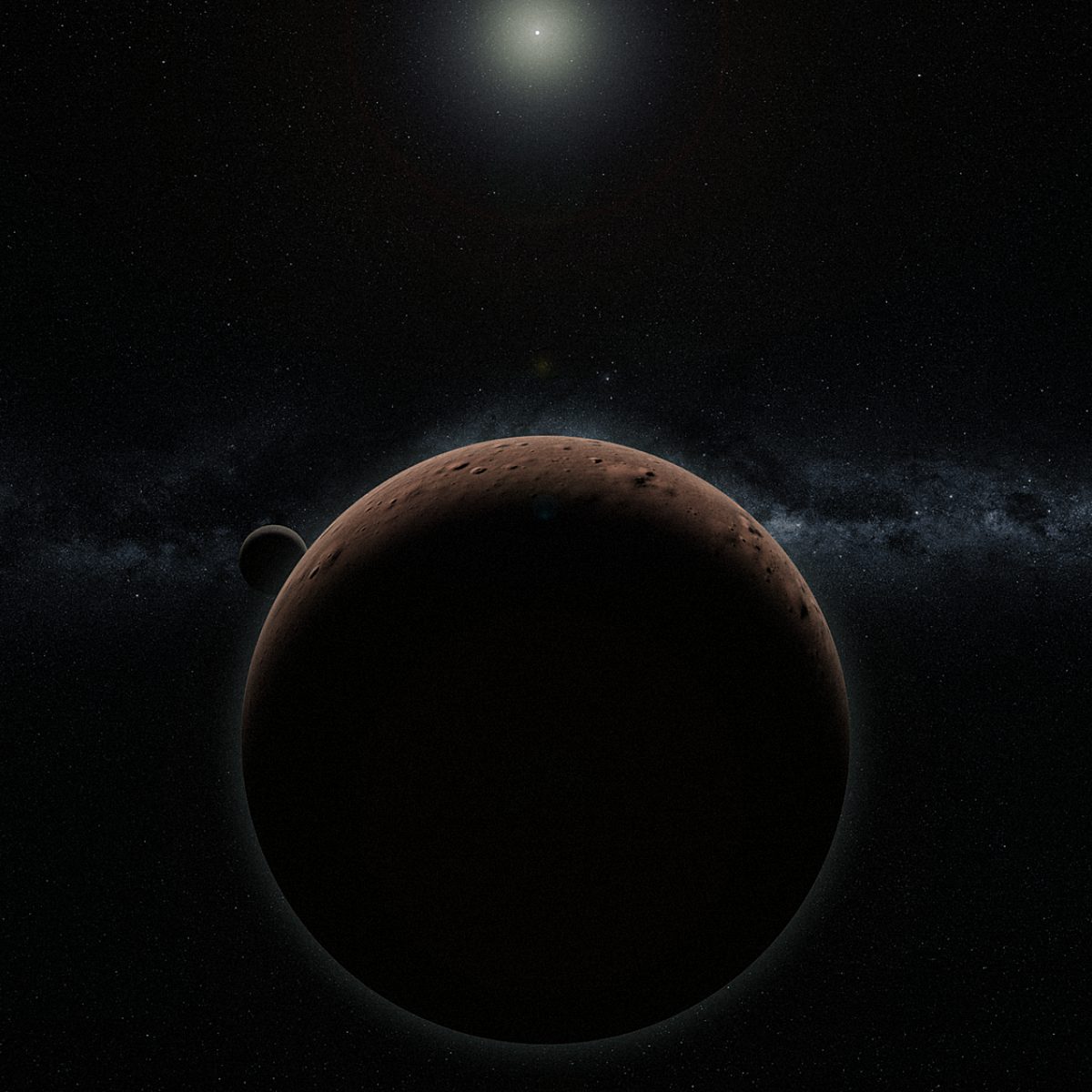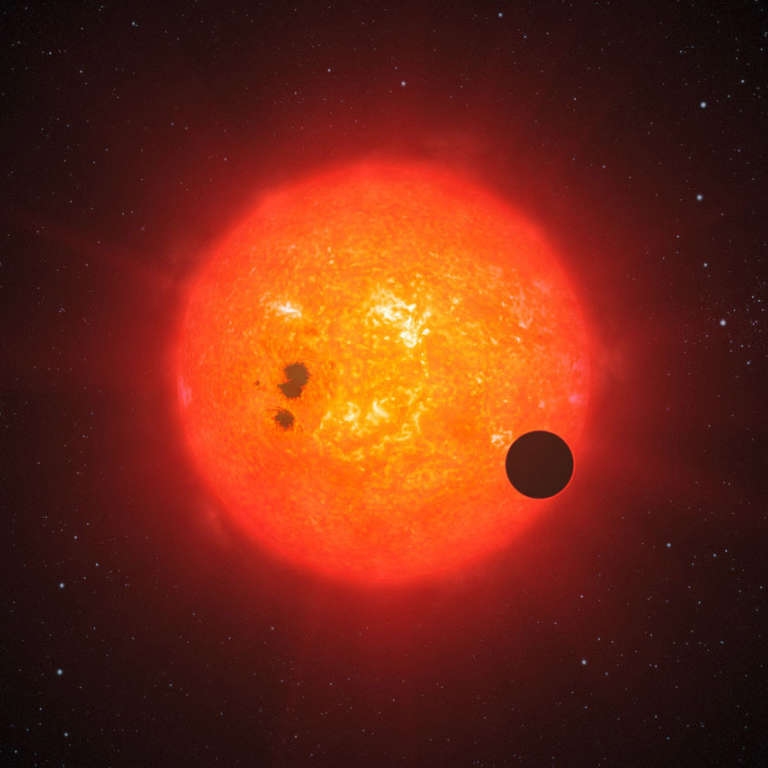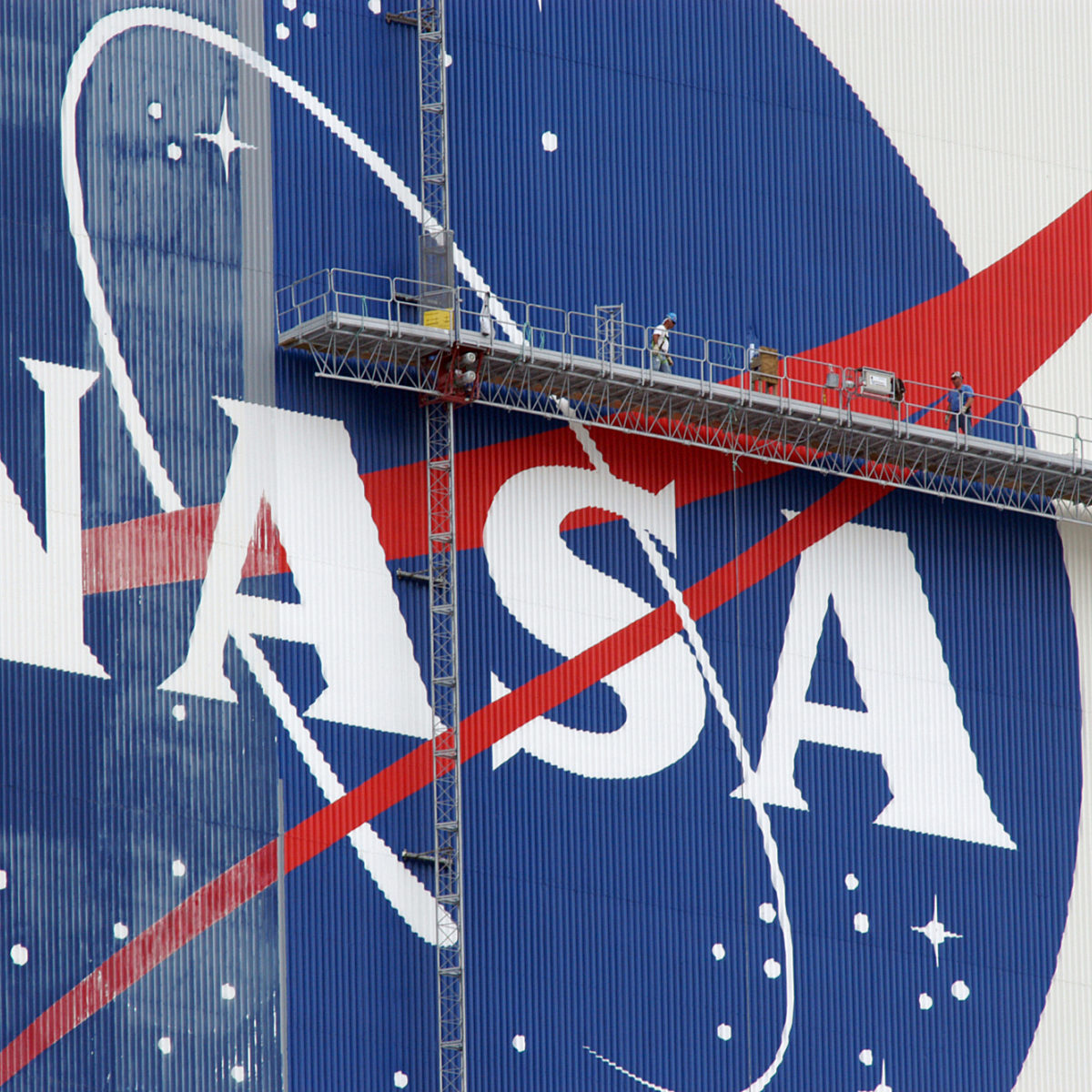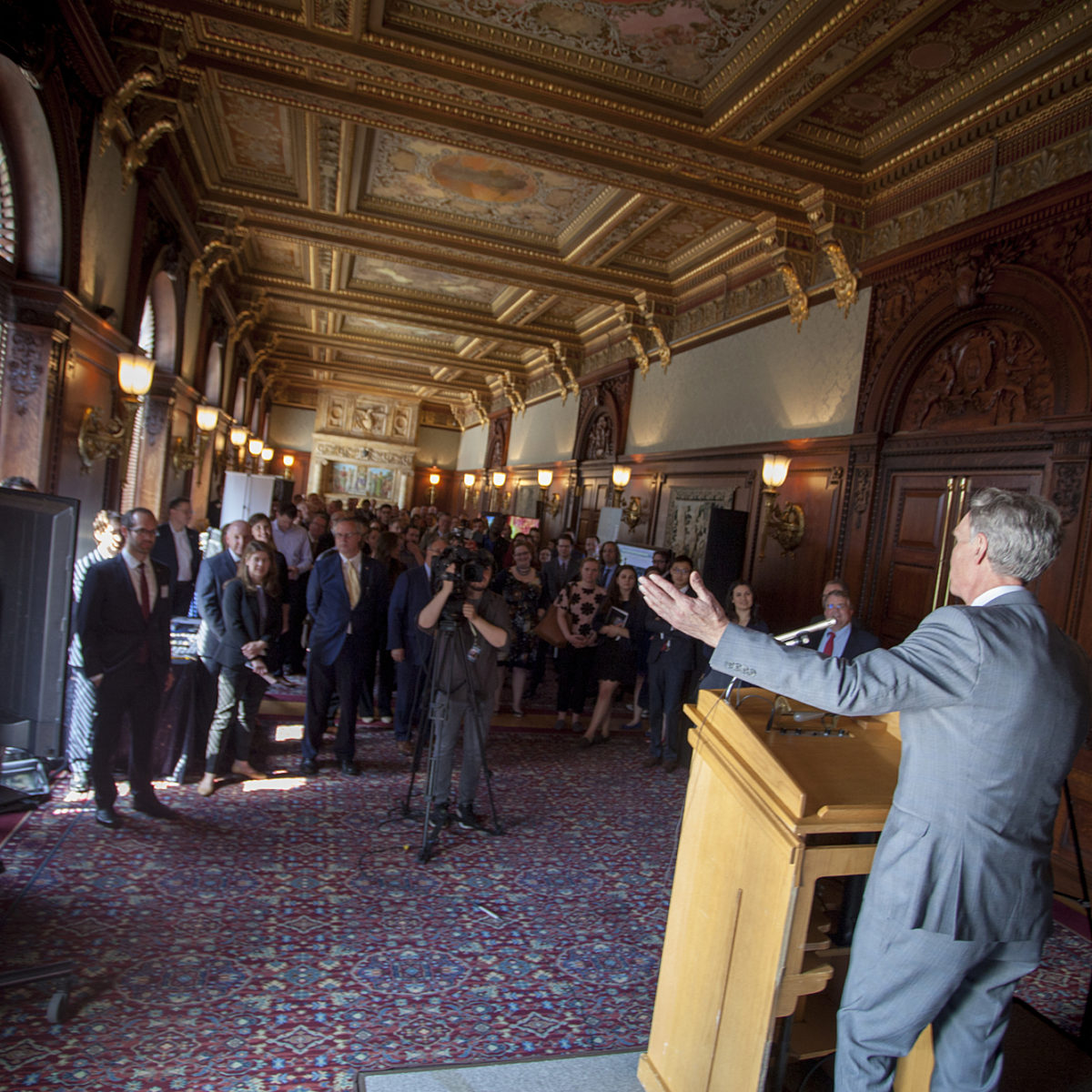All
All
Stories, updates, insights, and original analysis from The Planetary Society.
Tech funded by Planetary Society launches to the Moon next month
A spacecraft trying to land on the Moon will carry PlanetVac, the lunar dustbuster that could change how we explore other worlds.
Red Rover Goes to Mars, 20 years later
Twenty years ago, a Planetary Society program sent students to NASA's Jet Propulsion Laboratory to work on the Mars Exploration Rovers program.
Weaving together a picture of the Cosmos
When we combine data sources, collaborate with each other, and invite artistic perspectives, we can better understand the Universe we live in.
A Perseverance extravaganza!
Witness the Mars rover’s dramatic landing from every angle, and help make more exploration like this happen.
Planetary Society Reacts to Loss of Arecibo Observatory Radio Telescope
Arecibo helped us explore the cosmos and our solar system, search for life, and defend Earth from potentially dangerous asteroids.
Perseverance Microphones Fulfill Planetary Society Campaign to Hear Sounds from Mars
The first Mars microphone, sponsored by The Planetary Society, flew aboard NASA's Polar Lander spacecraft, which crashed on the Red Planet in 1999.
2007 OR10 Needs a Name!
It’s time to give 2007 OR10 a name. We’re asking for your help to pick a suitable name for the largest as-yet-unnamed solar system world to submit to the International Astronomical Union (IAU).
The Skies of Mini-Neptunes
A GREAT QUEST is underway to discover Earthsize worlds in their stars’ habitable zones. Along the way, astronomers have been surprised to learn that the most typical size of planet in our galaxy is one with no counterpart in our own solar system.
Miseries mount as shutdown drags on
The partial government shutdown that shuttered NASA continues with no end in sight. The U.S. space program sits idle, the vast majority of its workforce sent home. Space science and exploration projects are disrupted. Paychecks are absent. And an unsettling realization has dawned on hundreds of thousands of public employees and contractors affected by the shutdown: this time is different.
Happy Holidays. NASA is Shut Down.
A partial government shutdown has shuttered NASA's operations for at least a week. Critical programs like the International Space Station will continue. This is the third shutdown of 2018 and another pointless disruption for the hardworking men and women at the U.S. space agency.
The search for extraterrestrial intelligence is getting a signal boost
It's all thanks to renewed interest from NASA and a private effort to scan the skies using an array of 64 radio telescopes.
Let's check in on The Planetary Society's asteroid hunters
The Shoemaker NEO Grant program funds advanced amateur astronomers who help determine if nearby asteroids will hit Earth. Here are some collected reports from our asteroid hunters.
NASA's 2019 Budget Takes Shape
The Senate and House have now released details of how they would fund NASA in 2019. Check out the good, bad, and ugly in these proposals and learn what happens next.
NASA is beloved; the Moon, not so much
A new poll shows broad support for space exploration in the United States. But sending astronauts to the Moon ranks as the lowest priority among the public.
An 'Exploration Exhibition' to launch the new Planetary Science Caucus
We helped launch the new Planetary Science Congressional Caucus in Washington, D.C., with an exploration exhibition to highlight the range of academic, scientific, and industry partners engaging in planetary exploration. Planetary Society CEO Bill Nye and its Board of Directors were there to welcome members of Congress and hundreds of staff and policy experts.
Introducing Space Advocacy 101
Space Advocacy 101 is a new online course to help space fans become empowered space advocates.
Space grade electronics: How NASA’s Juno survives near Jupiter
Take a look at how electronics of spacecraft are built to survive the harshness of space environments.
How the Falcon Heavy could revolutionize exploration of the ocean worlds
SpaceX's Falcon Heavy is not just for big payloads, it can also throw light things into space very fast. And that has significant implications for the exploration of distant destinations in our outer solar system—particularly the ocean moons of the giant planets.
Announcing the Planetary Science Congressional Caucus
I'm excited to share with you a major step forward for the support of space exploration in the U.S. Congress: the formation of a new caucus devoted to planetary science and exploration.
Bill Nye and the State of a Polarized Union
Last week, The Planetary Society CEO Bill Nye accepted an invitation by NASA Administrator nominee Rep. Jim Bridenstine (R-OK) to join him as his guest at the State of the Union address. We anticipated this would be a controversial decision, and we were right.


 Explore Worlds
Explore Worlds Find Life
Find Life Defend Earth
Defend Earth


 Sun
Sun Mercury
Mercury Venus
Venus Earth
Earth Mars
Mars Jupiter
Jupiter Saturn
Saturn Uranus
Uranus Neptune
Neptune Small Bodies
Small Bodies




